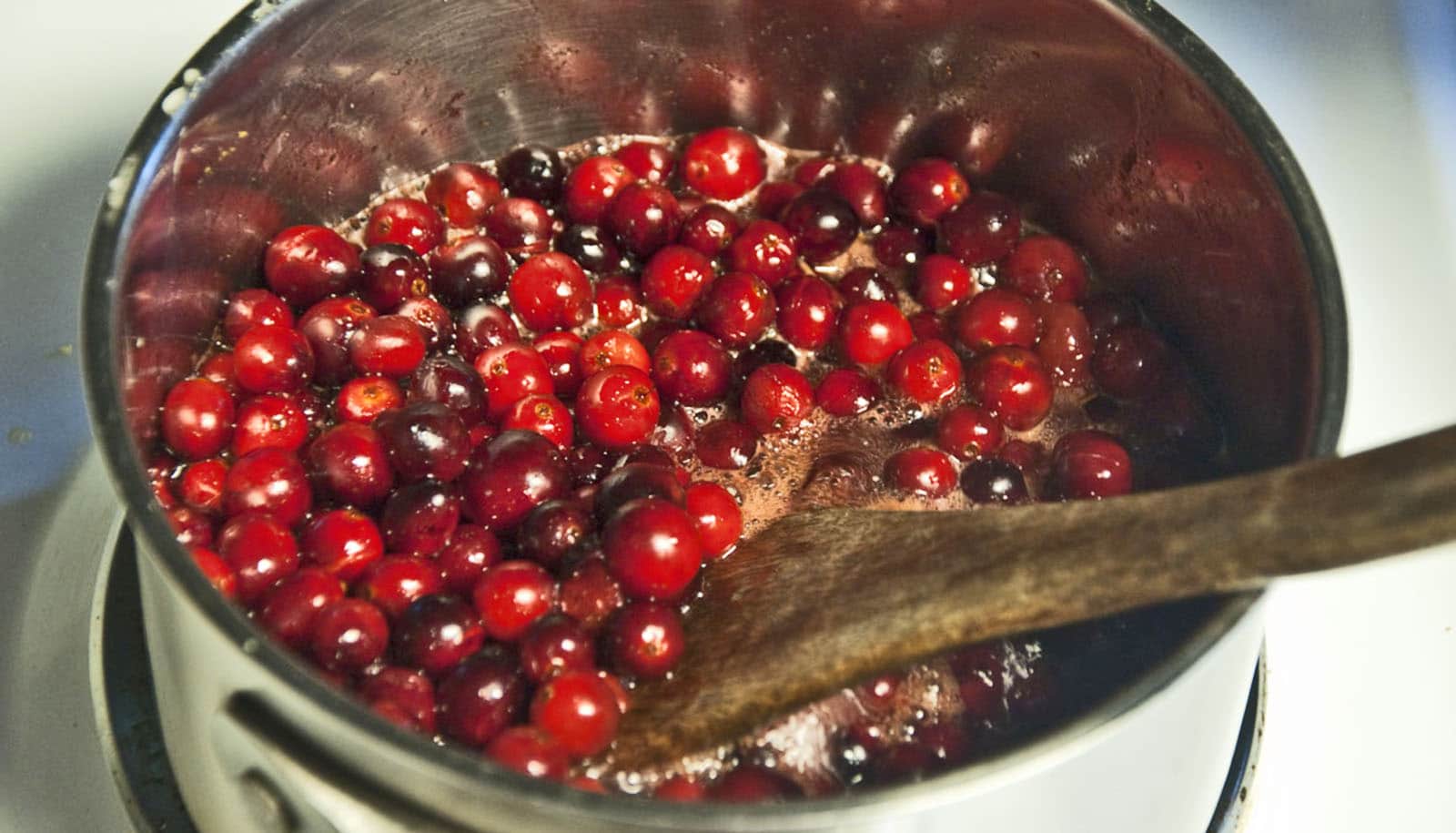Experts have some tips for you to help handle holiday stress while also staying healthy.
The holiday season is a time of gathering with family and friends, eating delicious foods, and making memories. However, it is easy to feel stressed and overwhelmed, especially when many holiday activities seem to conflict with a healthy lifestyle.
University at Buffalo’s Clinical and Translational Science Institute (CTSI) recently teamed up with faculty members Katherine Balantekin, an assistant professor of exercise and nutrition sciences department at the School of Public Health and Health Professions, and Mark Seery, a professor in the psychology department, to develop tips and strategies for ensuring your holiday season is healthy and happy.
“The holidays can be stressful,” Seery explains. “Instead of trying to avoid the stress—which, let’s face it, doesn’t make it go away—it is possible to think about and approach stress differently, thereby making it less stressful.”
Here are some tips to remember this holiday season:
1. Give yourself permission to enjoy holiday meals.
It’s OK to enjoy foods that we typically have once or twice a year. Research shows that food is more than just nutrients. Many foods are tied to the feeling of comfort associated with the holidays and sharing meals with family and friends. On the other hand, remember there’s nothing wrong with politely declining foods you do not like.
2. Encourage healthy items to the menu.
Researchers say it’s much easier to add food items to a meal rather than take them away. Instead of trying to persuade others to serve healthier options, offer to bring an appetizer of fruit and vegetables or a healthy side dish. This may make your meal more balanced and even encourage friends and family to try foods they might not typically have at the holidays.
3. It’s not all or nothing.
Many of us are in “holiday mode” in November and December, and ignore health and wellness goals until January. Rather than New Year’s resolutions, though, why not add some healthy options and moderate exercise to the holiday season?
4. Be prepared for winter weather and dress appropriately.
It’s no secret that kids love to play outside year-round. To stay active throughout the cold winter months, families should be prepared. This means proper clothing: snowpants, a heavy coat, and snow boots. If it’s too cold to go outside, schedule an indoor family outing.
5. Prioritize yourself and your needs.
To help promote self-care, you should feel comfortable advocating for yourself. Ask for what you need to help make your holiday season less stressful. This might include scheduling alone time, taking family walks, or traveling.
6. Control what you can, not what you cannot.
Research shows that experiencing a sense of control is helpful when managing stressful situations. If you’re hosting a holiday gathering, you can’t control what relatives say to each other. However, you can control your preparations for the party and your own behavior.
7. Focus on opportunities rather than obligations.
Researchers believe that focusing on what there is to be gained—not lost—in a stressful situation can lead to a more positive experience. Highlighting the potential for good things can make a difference.
8. Build a team.
When we see ourselves as part of the same team, instead of rivals, researchers say divisions within a family can start to fall away. Encourage everyone to work toward a common goal.
9. Be a fly on the wall.
Research shows that when we think about stressful things, the point of view we take matters. It’s normal to see the situation through our own eyes. However, taking a third-person perspective—viewing yourself and the situation as though you’re an outside observer, or “fly on the wall”—can create a more positive experience.
10. Different strokes for different folks.
There’s no single recipe for “perfect” coping. For example, just because someone else swears by yoga or Netflix binges doesn’t mean that those options are your best path to cope with stress. Finding what works for you is key.
When it comes to having a healthy holiday season, researchers believe being open-minded is essential. If these techniques don’t work for you, try another. You aren’t doomed to be overwhelmed by stress—and your holidays do not have to be difficult.
Source: University at Buffalo



